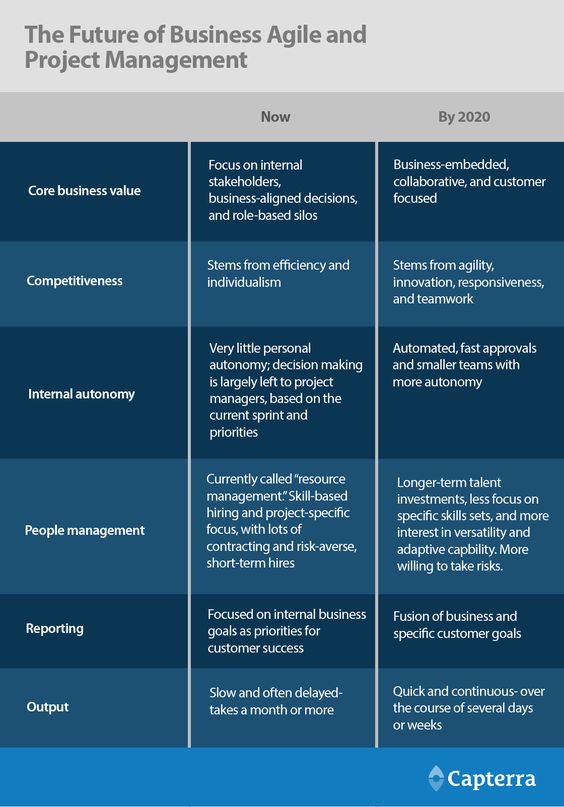Project management is a crucial aspect of any construction project, and it plays an important role in ensuring that the project is completed on time and within budget. However, traditional project management methodologies have been criticized for being too rigid and less accommodating of changes. That’s where agile construction project management comes in. In this article, we’ll dive into agile construction project management and explore its main principles, benefits, and how it can enhance productivity and efficiency on construction projects.
What is Agile Construction Project Management?
Agile construction project management is an iterative and incremental approach to project management that emphasizes flexibility, adaptability, and collaboration. The agile methodology was first developed for software development projects, but it has since been adopted in other industries, including construction. The main idea behind agile construction project management is to break down a project into smaller and manageable tasks, also known as sprints. These sprints allow the project team to focus on delivering high-quality work in a short period and adapt quickly to any changes that may arise during the project lifecycle.
Principles of Agile Construction Project Management
The Agile Manifesto consists of four main values and twelve principles that guide the agile approach to project management. These principles include:
– Responding to change over following a plan
– Delivering working software (or in this case, construction products) frequently
– Collaboration among team members and stakeholders
– Embracing change as a source of competitive advantage
– Building projects around motivated individuals
– Continuous attention to technical excellence and good design
– Simplifying and streamlining the development process
– Self-organizing teams that share knowledge and ideas
– Regular reflection and adaptation to improve the project’s effectiveness
Benefits of Agile Construction Project Management
Agile construction project management comes with numerous benefits, including:
– Improved collaboration and communication among team members and stakeholders.
– Increased flexibility and adaptability to changes and uncertainties.
– Early detection and mitigation of risks and issues.
– Reduced waste and rework.
– Enhanced project visibility and transparency.
– Increased team morale and motivation.
– Higher customer satisfaction and project success rate.
Implementing Agile Construction Project Management
Implementing agile construction project management requires a shift in the traditional project management mindset, culture, and practices. Here are some key steps to follow:
– Train and coach the project team on agile methodologies and principles.
– Adopt agile-friendly tools and technologies to support the agile process.
– Define project goals and objectives and break them into smaller sprints.
– Develop a product backlog that outlines the required features and functionalities.
– Hold regular sprint planning, review, and retrospective meetings.
– Encourage team collaboration and communication.
– Monitor and measure project progress and performance.
– Adjust the project plan and scope as necessary.
Challenges of Agile Construction Project Management
Despite its proven benefits, agile construction project management comes with some challenges that organizations must overcome to succeed. These challenges include:
– Resistance to change among team members and stakeholders.
– Lack of understanding of the agile methodology and its benefits.
– Difficulty in measuring project progress and performance.
– Limited documentation, which can be a problem for regulatory compliance or legal issues.
– Difficulty in estimating project costs and timelines.
– Need for a high level of collaboration and communication among team members and stakeholders.
Agile Construction Project Management vs. Traditional Project Management
Traditional project management relies on a linear, sequential, and inflexible approach to project planning and execution. In contrast, agile construction project management is iterative, incremental, and adaptable to changing requirements and priorities.
Here are some of the key differences between agile construction project management and traditional project management:
– Agile project management is based on sprints, while traditional project management relies on phases or stages.
– Agile project management emphasizes collaboration and communication, while traditional project management focuses on hierarchy and control.
– Agile project management is more flexible and adaptable to changes, while traditional project management is more rigid and less accommodating of changes.
– Agile project management delivers value incrementally, while traditional project management delivers the final product at the end of the project.
Best Practices for Agile Construction Project Management
To ensure the success of agile construction project management, organizations should follow these best practices:
– Get buy-in from all stakeholders and team members before starting the project.
– Break down the project into manageable sprints and focus on delivering high-quality work.
– Foster a culture of collaboration, communication, and continuous improvement.
– Regularly review and adapt the project plan and scope based on feedback and changing requirements.
– Use data-driven metrics to measure progress, performance, and customer satisfaction.
– Invest in training and coaching to ensure that team members have the necessary skills and knowledge to work with the agile methodology.
You might find these FREE courses useful
- Introduction to Agile Development and Scrum
- Scrum Master Certification Exam Preparation
- Scrum Master Certification Specialization
- Scrum Team Building Using Games and Interactive Tools
Conclusion
Agile construction project management offers a flexible, adaptable, and collaborative approach to managing construction projects. It breaks down projects into smaller sprints, encourages team collaboration and communication, and adapts quickly to changes in project requirements and priorities. Though it has some challenges to overcome, its proven benefits make it a viable approach to construction project management that can enhance productivity, efficiency, and customer satisfaction. Therefore, it’s worth considering implementing agile construction project management principles, methodologies, and best practices on your next construction project.
